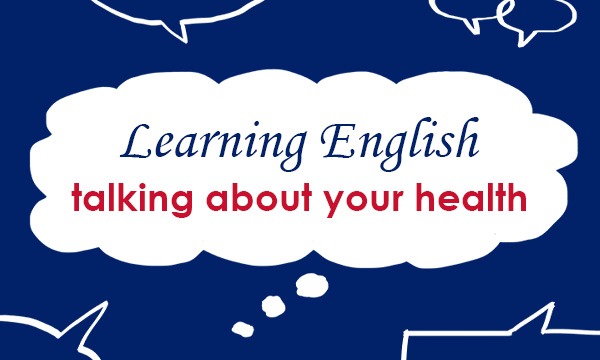
Talking about your health
After saying hello to someone, especially someone we know, we usually ask about their health, by saying How are you? You can also ask about someone else’s health in the same way. Hello, Jan. How are you? It’s great to see you, Anna. How are you? Hi, Emma, how is… Read More
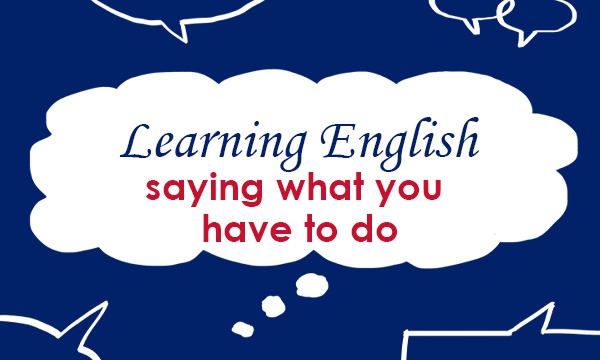
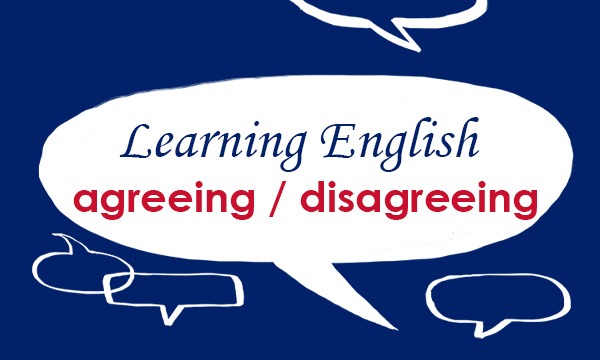
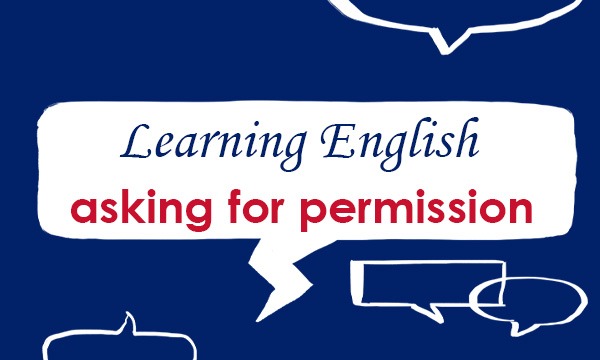
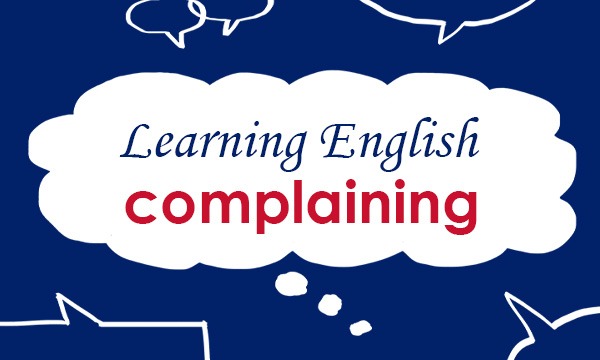
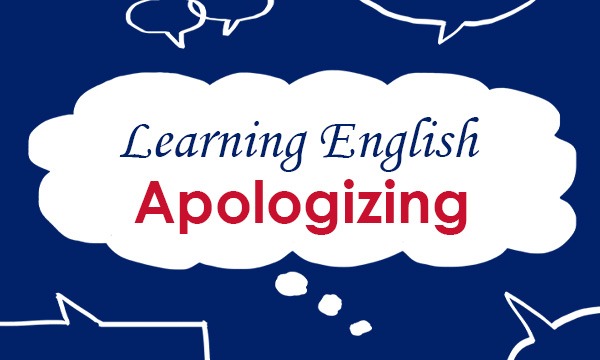
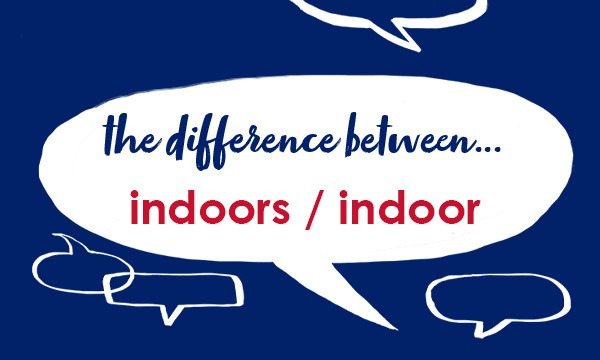
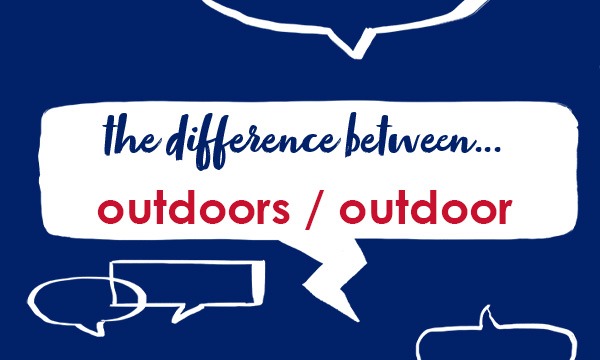
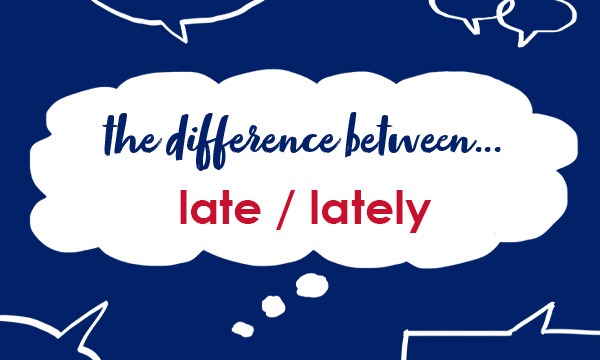
collins_dictionary_official
The home of living language. #wotd #wordlovers #collinsdictionary
Read our word of the week definitions and blog posts: